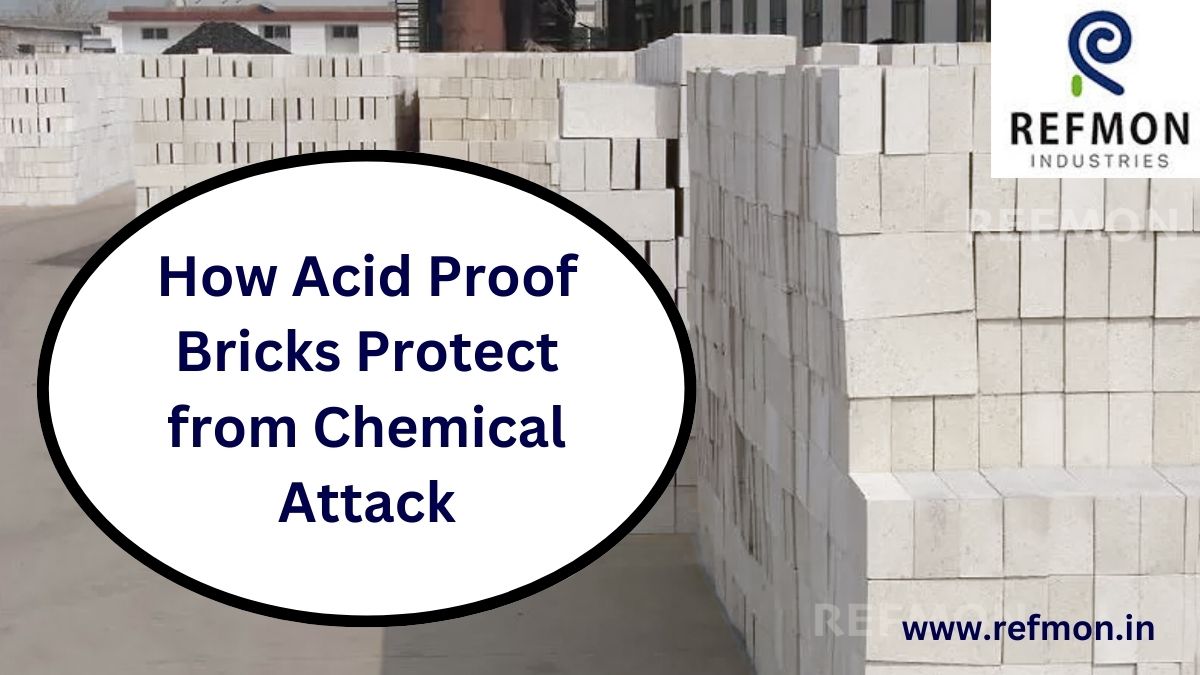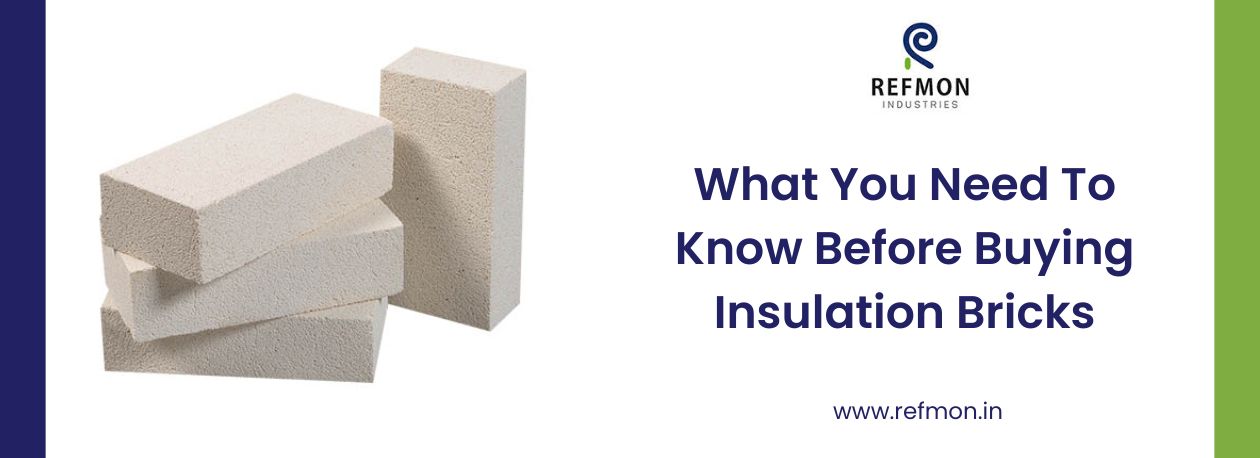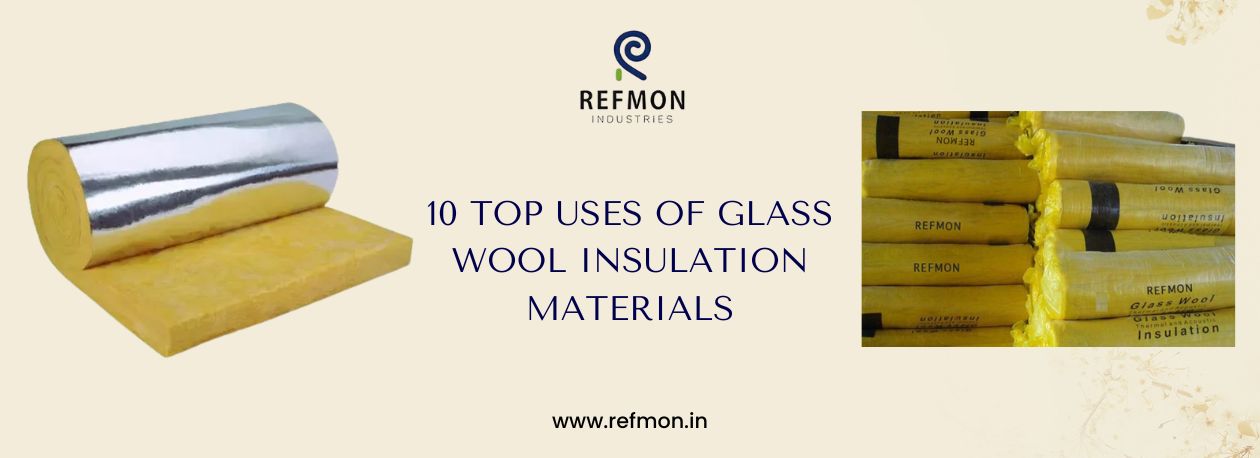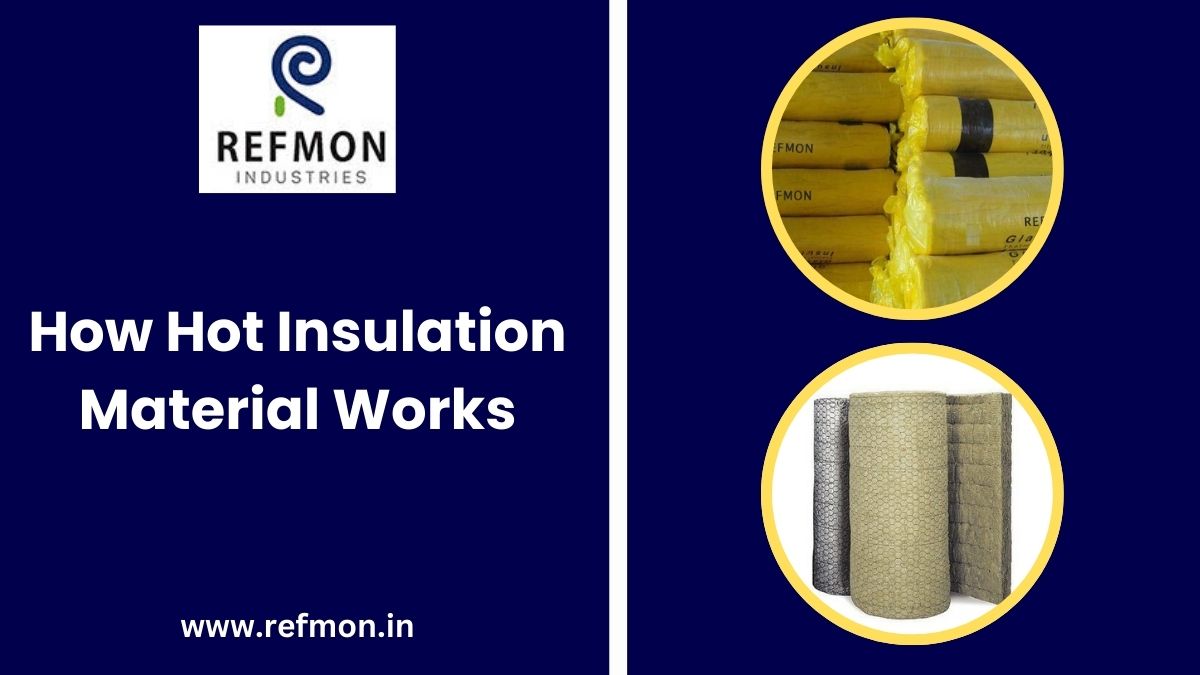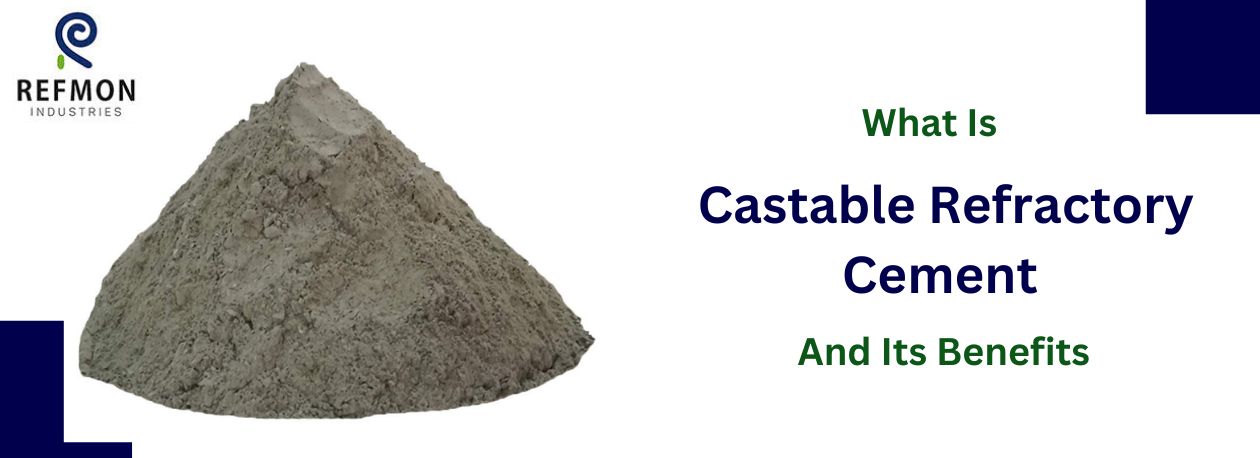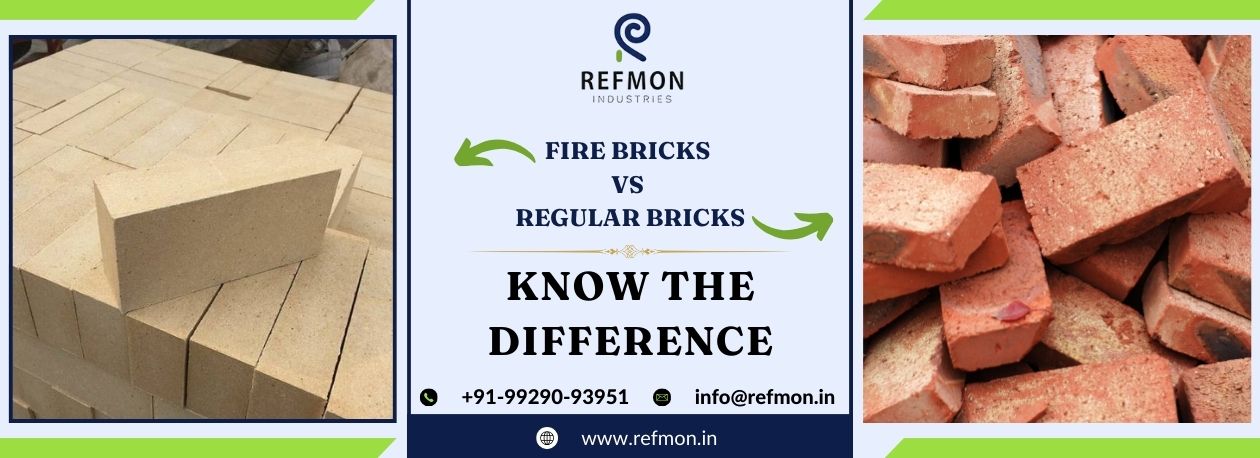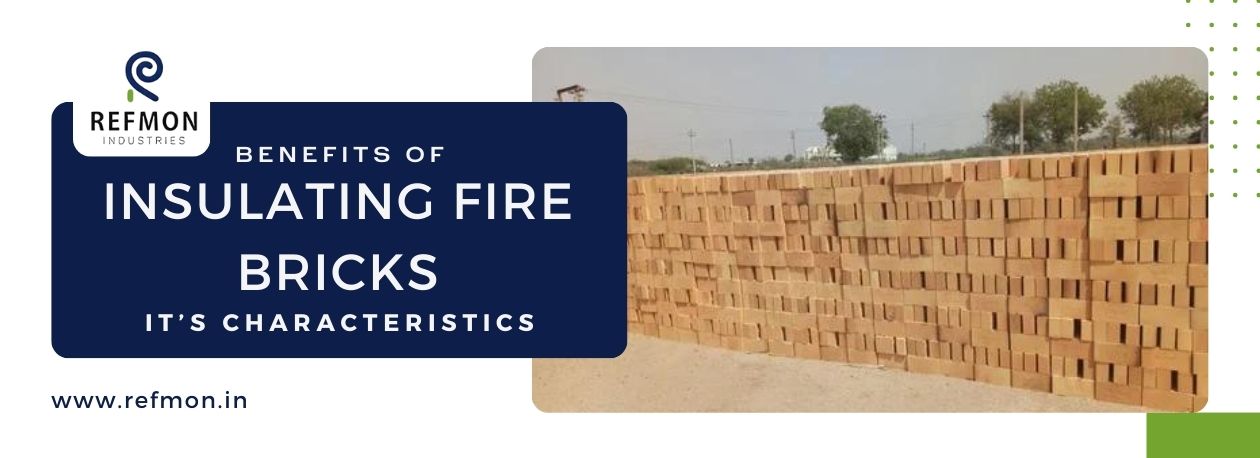How Acid Proof Bricks Protect from Chemical Attack
Every day, factories, laboratories, and manufacturing plants around the world bring the application of potentially lethal acids and other chemicals. These people are hazardous to humanity and the very
What You Need To Know Before Buying Insulation Bricks
If you are in any way familiar with the world of construction, then you know that it is one full of exciting choices. Choices where one decision can make a real difference in your projects, like choosing
10 Top Uses of Glass Wool Insulation Materials
The adaptable and efficient hot insulation material known as Glass Wool Insulation finds broad usage throughout residential, commercial, and industrial buildings. This type of Insulation achieves both
How Hot Insulation Material Works
Have you ever looked at the pipelines, boilers, or even industrial tanks and thought to yourself — geez, just how can they stop losing heat? It is a great question, the answer to which you might
What Is Castable Refractory Cement And Its Benefits
Castable Refractory Cement is a heat-resistant, durable material which is also easy to apply, versatile, and ideal for custom molds and repairs. Let’s dwell in to know more about this super handy
Fire Bricks Vs Regular Bricks - Know the Difference
Just sit wherever you are for a moment and think about just how far humanity has come from its humble beginnings. Once, we were cave-dwellers, and now look at us, building mammoth structures every other
Refractory Work Procedures and Tips to Choose Methods
Now, who has not heard of refractory materials? Refractory materials, such as refractory bricks, are the unsung heroes of many industrial processes. Designed to withstand extreme heat, these specialized
Benefits of Insulating Fire Bricks in Industries: Its Characteristics
Humanity has progressed quite significantly since the Industrial Revolution. We have become more sustainable and efficient over the years. However, a staggering 30% of energy in the manufacturing process
The Difference Between Hot And Cold Insulation Materials
When delving into industrial insulation, selecting appropriate materials is paramount for ensuring operational efficiency and safety. The nuanced differences between hot pipe insulation, piping thermal
